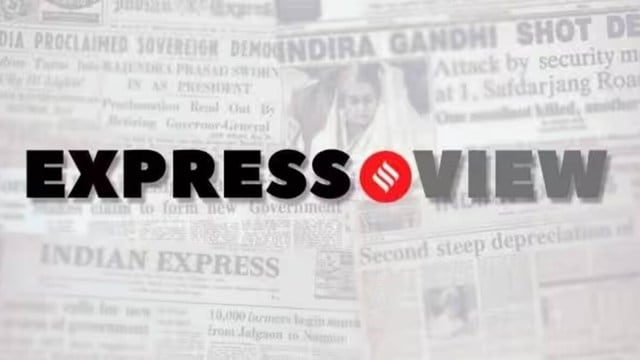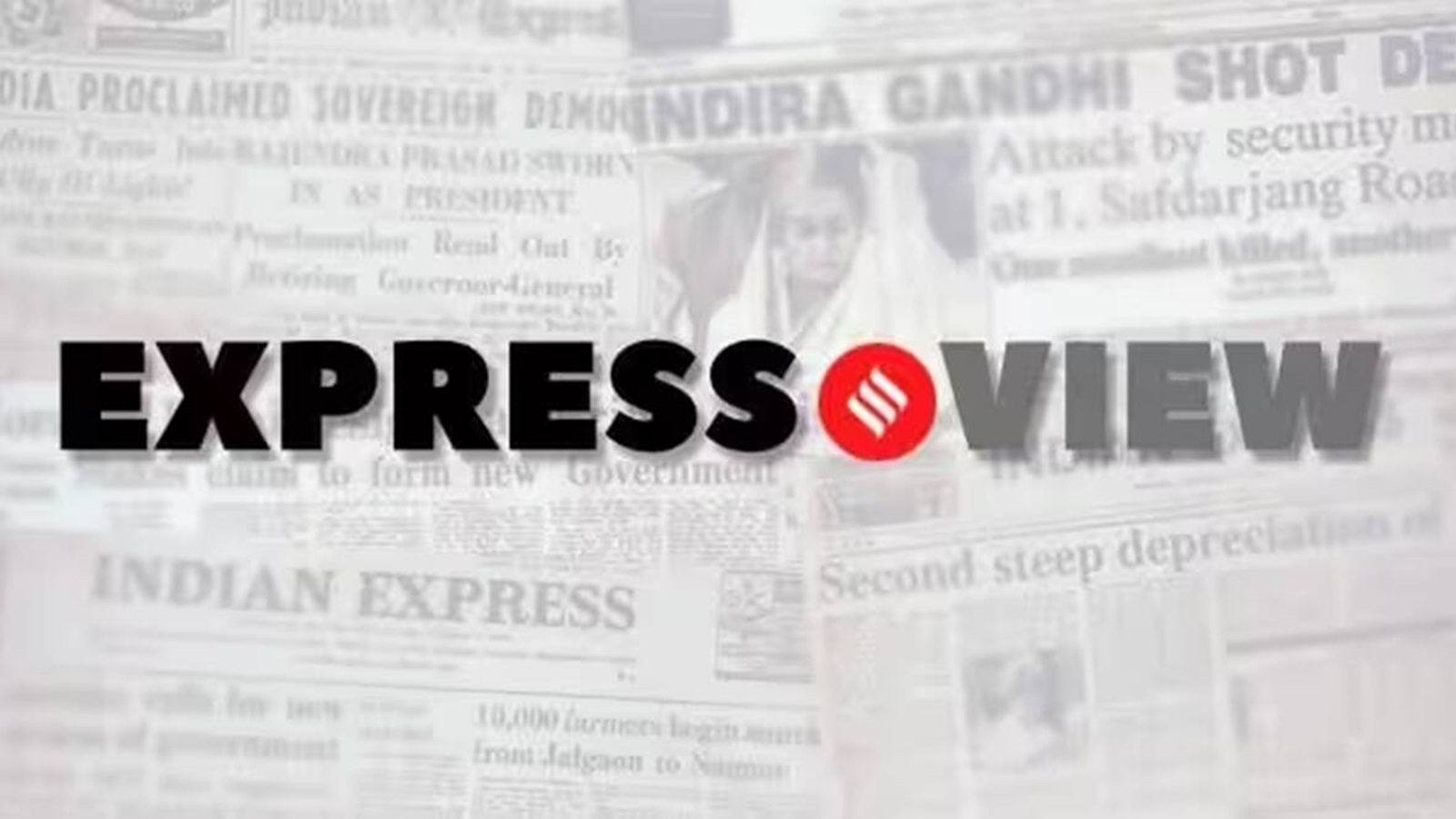
Nov 16, 2024 02:00 IST First published on: Nov 16, 2024 at 04:00 IST
A minister’s nephew; the son of the Legislative Council secretariat-in-charge; the son and daughter of the Department of Parliamentary Affairs-in-charge; the son of a Deputy Lokayukta. These are some of the candidates who were selected to fill administrative positions in the Uttar Pradesh Assembly and Legislative Council after at least two rounds of tests in 2020-21. An Indian Express investigation has revealed that a fifth of the 186 vacancies for which approximately 2.5 lakh people had applied went to relatives of officials, with at least five successful candidates connected to owners of the two private firms that had conducted the recruitment test. For young aspirants competing for the security and mobility afforded by a few hundred government jobs, these revelations would be further evidence of the odds being stacked against them.
As the Allahabad High Court observed on September 18, 2023, when hearing a plea by three unsuccessful candidates, the process is “not less than a recruitment scam”. The CBI probe it ordered was stayed by the Supreme Court, following an appeal by the Legislative Council, with the next hearing scheduled for January 6, 2025. Delays will add to the anxiety and frustration of the youth, at a time when public trust in education and recruitment exams is already low. Earlier this year, controversies over irregularities in NEET and NET severely dented the credibility of the National Testing Agency, while an investigation by this newspaper in February revealed 41 documented instances of paper leaks in recruitment exams, across 15 states in five years, and affecting 1.4 crore job seekers. These instances, taken together, point to a deeper crisis that needs urgent attention. At a time when jobs that number in the mere hundreds attract lakhs of applications, it is all the more important that a level playing-field is ensured. When the integrity of such a system is compromised, as seen in the NEET-NET episode, it can be extremely dispiriting for young people, who have spent years preparing for an examination that they believe will change their lives for the better.
A probe into these irregularities must be conducted urgently, else the erosion of already diminishing public trust in the system will not be easy to overcome. Consider the protests this week against the Uttar Pradesh Public Service Commission’s decision to conduct exams in different shifts and using a normalisation system for evaluation to obviate unfair advantage to candidates at any one shift. Applicants alleged that these complicated procedures would expand the scope for corruption of the process. Of course, the demand-supply mismatch is so large that it is open to constant exploitation. For a country hoping to reap the dividend of a large working-age population, expanding opportunities should be top priority.


